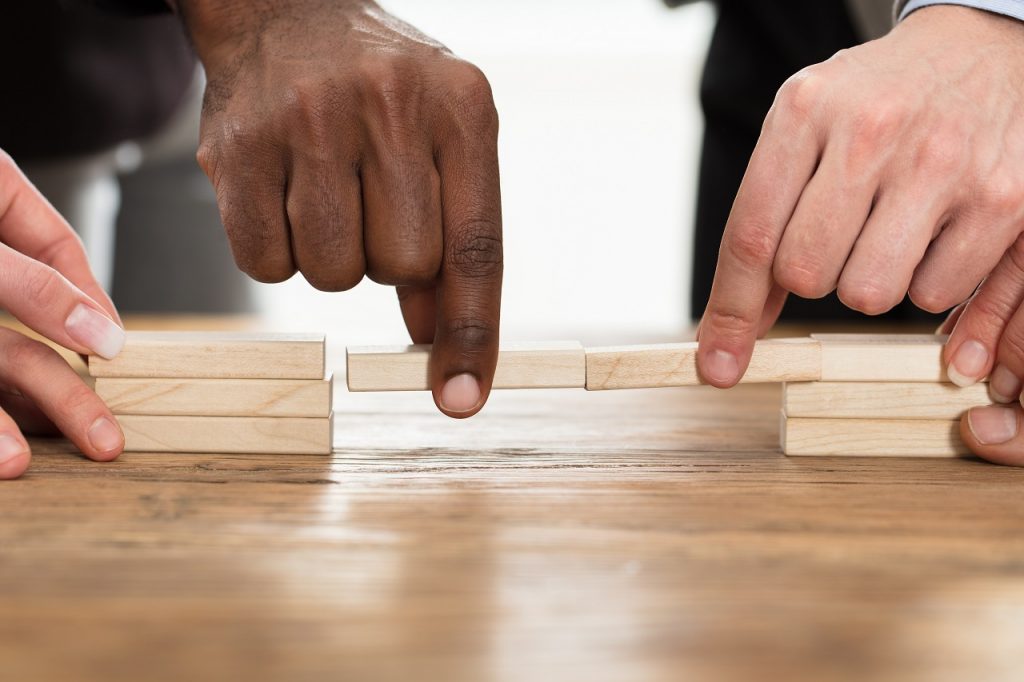
Obtaining essential health services is a huge challenge for at least half the world’s population, according to a report from the World Bank and WHO. A large number of households are pushed into poverty as they must bear the costs of healthcare from their own pockets. When it comes to cancer, many are denied basic care, despite the fact that we live in a time where there are awe-inspiring advancements in cancer prevention, diagnostics and treatment.
The equity gap is costing people lives as those who seek cancer care hit barriers at every turn. Income, education, location and discrimination based on age, gender, ethnicity, sexual orientation, disability and lifestyle affect cancer care negatively. More so for people who have access to risk factors such as tobacco, diet or environmental hazards.
Barriers That Affect Cancer Care
- Gender Norms and Discrimination: Women and girls suffer from discrimination owing to misogny, stereotypes and expected gender roles. Similarly, men suffer as a result of social norms surrounding masculinity – which prevents them from taking life-saving procedures such as surgery for early prostate cancer – for the fear of incontinence or impotence.
- Socioeconomic Status: Poverty is a serious barrier to proper care as many people cannot afford or access screening and treatment services. The means of prevention and knowledge among these communities is low as well.
- Age Discrimination: Older individuals are vastly underrepresented in the research that sets the standards for cancer treatment. A high proportion of older women with breast cancer receive less chemotherapy than their younger counterparts. More than 70% of deaths caused by prostate cancer occur in men above the age of 75. How old you are should not determine the quality of care you receive.
- Rural-Urban Divide: Where you live, should not determine if you will live. Rural patients are frequently diagnosed at later stages and are less likely to receive appropriate treatment. The financial burden of traveling to a place where you can get treatment and getting the right treatment can be insurmountable.
- Homophobia, Transphobia & Related Discrimination: Around the world, the lesbian, gay, bisexual, transgender, queer and intersex (LGBTQAI) community face hostility and discrimination. They are also likely to face ignorance or prejudice from health practitioners.
These hurdles to cancer care are only a few ways in which people can be deprived of cancer care. But these obstacles are meant to be overcome. The first step is to recognize this inequity, challenge our own assumptions and biases, listen to the perspectives of people living with cancer and fight these gaps when we see them.
The Goal Is Simple
Our systems can be reimagined, situations can be improved and access to proper care can be made available and easier. We can reduce this inequity by:
- Educating the public about cancer prevention
- Equipping healthcare professionals with skills and knowledge, including how inequity influences cancer care
- Strengthening primary health care delivered in communities
- Addressing some of the social and economic factors that can negatively affect people’s health through policy and programmes
- Increasing the resources which includes both money and people – dedicated to cancer research, and tracking the burden of cancer nationally to more effectively shape our investments
- Implementing country-specific cancer prevention and control plans that address each country’s unique needs and resources.
How Can You Get Involved?
While the gap in cancer care might not affect you, it could be affecting someone you know. Together, as a community or as individuals, we can make a difference.
- Get Personal: Create your own custom social media post with your own personal message of the commitment and share it with the world.
- Light Up The World: Make a statement by lighting up a significant landmark, monument or building to be illuminated on World Cancer Day in the colours of orange and blue in your city. For more information, email hello@worldcancerday.org
- Spread The Word: Write an op-ed, blog story, record a video message, feature World Cancer Day on your website, an article in your newsletter, or reach out to a local journalist.
- Join The Action: Show your support by showing up. Find an event near you on the Map of Activities, sign up to attend, participate or volunteer.
- Create An Event: Inspire others by hosting your own World Cancer Day event. From flash mobs, free screenings, conferences, fundraisers to fun runs, add it to the Map of Impact to spotlight the awesome work that you are planning.
- Advocate For Action: Write to your political parties asking them to show their commitment, raise public awareness and take action this World Cancer Day.
- Use Your Voice: Start a conversation about cancer with your family, friends, colleagues and networks.
- Inform Yourself & Others: Find out more about cancer, how you can reduce your cancer risks, and the impact it has on the people we love, our communities, and the world.
With conscious effort, we can close this inequity gap and improve cancer care for everybody. You can get more information about Closing the Gap In Cancer Care by visiting www.worldcancerday.org
To explore preventive measures, you can check out Healthy Reads or ask a GOQii Coach by subscribing for personalized health coaching here: https://goqiiapp.page.link/bsr
Together, let’s #BeTheForce for change!




Leave a Reply